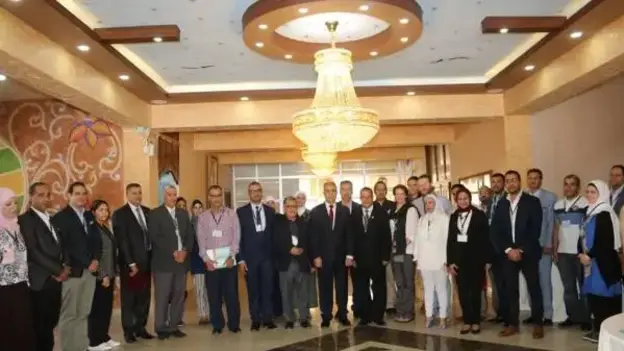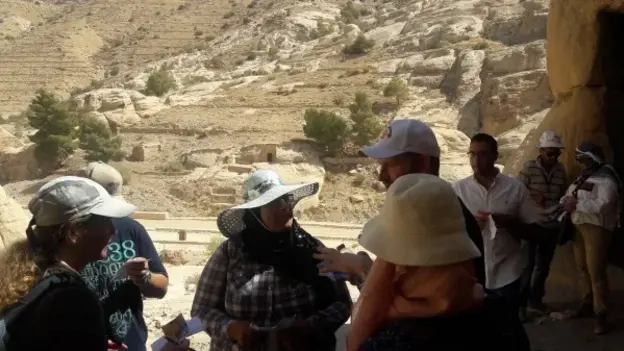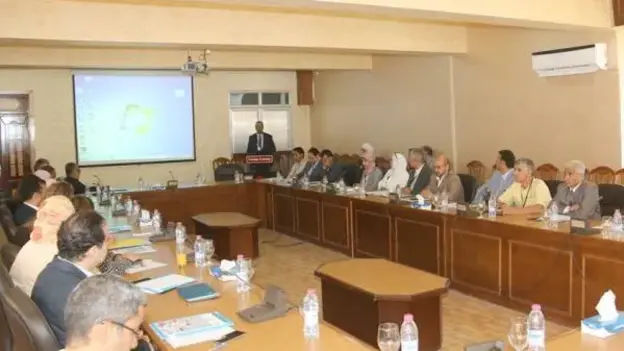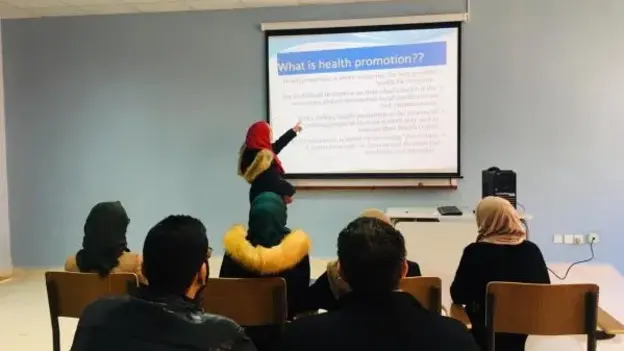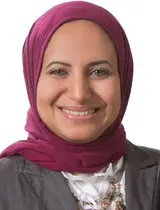Tandem Project
Active Pedagogical Techniques in Higher Education
Active learning is referred to as 'instructional methods that engage the students in the learning process; allowing students to take an active role while learning, by interacting with their instructor and their peers'. This dynamic process ensures metacognitive development of the students and creates a positive two-way learning environment that also allows the instructor to receive feedback regarding his way of teaching.
Incorporation of learner-centered pedagogy into the instructional design of academic courses was reported to improve the students' learning experiences through the promotion of critical thinking and problem-solving skills. However, from a methodological point of view, persuading educators to change from the traditional ‘lecture format’ to the more innovative ‘active teaching methods’ is a challenging task, as this requires the revision of the courses to allow for the implementation of the new learning methods.
Fourty participants from different countries
The workshop was attended by academics from different disciplines, coming from Jordan, Egypt, Germany, USA and Malaysia. The aim of the workshop was to raise awareness about the importance of active teaching among academics especially in Arab countries, and to create focal points in different faculties who can pay it forward for their colleagues, and implement active learning techniques in their institutions. The workshop included five lectures and an open discussion divided on two days, and a practice exercise on active teaching for participants/speakers on the third day.
Topics Covered
- How people learn and the effective techniques for engaging science
- The importance of self-learning and how it is facilitated by strong conceptual framework
- How people have alternate conceptions
- Build conceptual frameworks for long-term retention
- Practicing aspects of active learning with activities and exercises.
- Misconceptions about active learning
- Aligning course objectives of courses with low and high cognitive skills
- How can academics apply active learning activities in small groups as workshops
- Implementation experience of active learning in undergraduate courses for large student groups
- Exact implementation steps for transforming curricula from being taught in a passive way to active way
- Feedback on constraints and challenges that might hinder implementation of active learning.
A treasure hunting quest in Petra
Inspired by the theme of the workshop, an activity was held for academics/participants in Petra, called 'the treasure hunting quest' for actively learning about the history of Petra in the form of a competition. Speakers and participants were divided into two groups, each one had question that he should answer about the history of Petra, clues were scattered in one of the caves and contestants had to hunt for these clues and find the proper answer to their question within a certain time frame, then they explained what they got to their peers followed by commentary from the tour guide, who gave gold pieces based on the quality of the way they explained their answers to their peers. The team acquiring the largest number of gold coins was the winning team.
The outcome of this workshop was featured at the Conference ‘Formation à l’esprit scientifique et pédagogies expérimentales d’apprentissage (FESPE 2018)’ held in Tunis in October 2018.
- Venue
- Mutah University, Jordan
- Project Title
- Active Pedagogical Techniques in Higher Education
- Year
- 2018
- Funding Scheme
- Tandem Project
- Countries Involved
- Jordan, Egypt, Malaysia, United States of America, Germany
